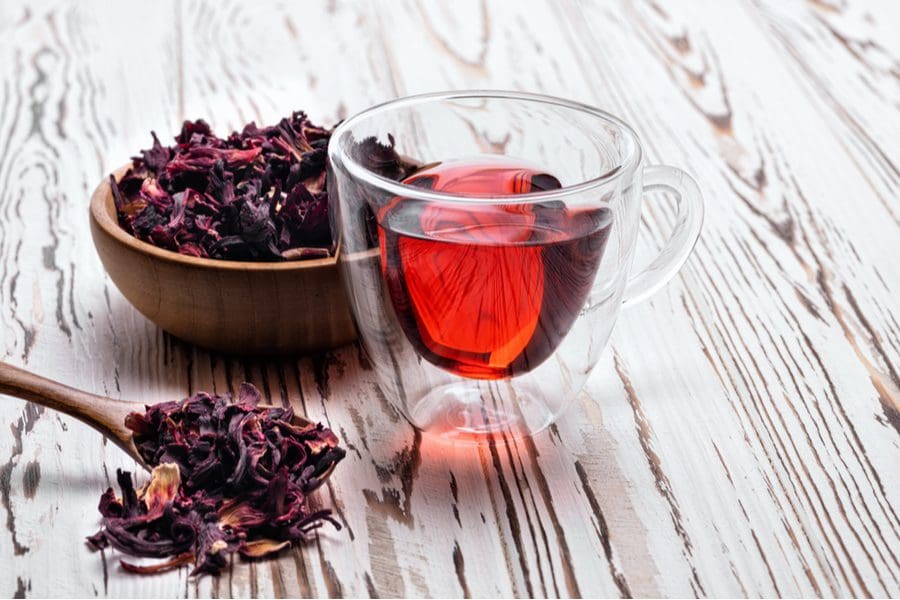As it happens with most new ingredient health crazes, hibiscus tea went from being an outlier in the tea world to becoming an overnight Instagram centerpiece. While the beautiful and characteristic red color of this tea is definitely food blogger worthy, one may wonder whether of not hibiscus tea is just another momentary health trend, or have its medicinal properties finally broke out into the mainstream for good? Let’s examine what makes this tea such a potent health booster to understand why its popularity is no surprise.
Hibiscus tea is particularly popular in the Caribbean, where it’s certainly not a fad but a staple of many cultures. Hibiscus tea is the foundation for many cultural drinks such as saril in Panama, where it’s mixed with spices like clove and cinnamon, and is especially served during Christmas celebrations.
What gives this tea its health food status? One research study found some nominal evidence that this tea can lower blood pressure slightly. A stronger case for hibiscus tea as a healthy dietary addition is found in its powerful antioxidant properties. You may know by now, but antioxidants are those wellness wonders that essentially do everything—they fight the free radicals that cause cell damage, which helps to ward off disease and aging. Antioxidants are wellness gold, and hibiscus tea is loaded with them; one study in rats found that hibiscus increased antioxidant content and decreased the damage by free radicals by up to 92%. With a percentage like that, it seems hibiscus is pretty deserving of a few Instagram influencer photo ops.
Another hard-hitting statistic that solidifies hibiscus tea’s place among the health trends with longevity is its effect on preventing cancer cell growth. While they obtained these results from test-tube studies, the results these studies yielded are highly promising and will not make you want to wait around until further studies are complete to add hibiscus tea into your wellness routine. Hibiscus leaf extracts were found to inhibit the growth of stomach cancer cells by 52% while having an overall impairing effect on mouth, plasma cell, and prostate cell cancers.
Hibiscus might have its 15 minutes of fame earlier than in-depth studies can confirm its worthiness of, but of the studies that have been done, only promising results have been found. Adding hibiscus tea to your day is less a bandwagon-jump and more an informed-preventative-medicine-bet.






